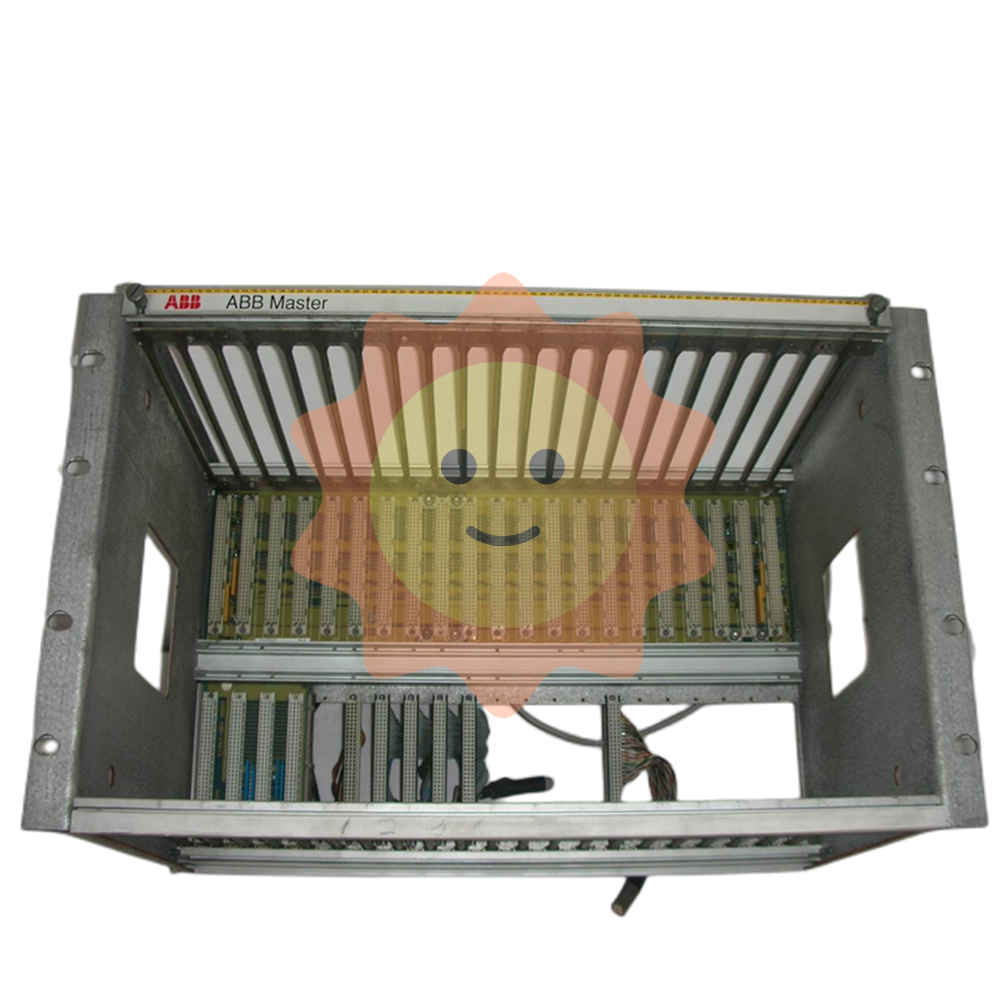Women on construction sites: Their worries, dilemmas and hopes
Site work has always been a critical stage in building generation. Most architects, designers or engineers have visited the site at one time or another to feel its importance during the development phase of the project. Working on a construction site is a valuable learning experience and allows for different opinions from different experts to create better cities, living and working environments for all. With that in mind, and as part of our ArchDaily theme to delve deeper into women in architecture, we posted an invitation to encourage our readers to share their thoughts on sexism on the construction site.
The purpose of this event is to present different points of view and explore them together. According to a previous annual survey by Architects Magazine (AJ), gender discrimination can act as a barrier to construction and limit the growth or creativity of certain members of the construction industry. We launched this open call not to launch a scientific survey, but to engage people in the global construction industry to gather different ideas from different regions to present a glimpse of reality.
Within a few weeks, our platform received 127 responses from all over the world: Central and South America (41%), North America and Europe (39.5%), Asia and Africa (18%), and Oceania (1.5%). All members of the architectural community can participate in the questionnaire and are not obliged to identify their gender. The majority of the questionnaires came from architects who worked on the site full time (67%) or part time (12%), while the remaining questionnaires came from architects who had worked on the site (21%).
Although there were some differences between the questionnaire responses in each region, they were similar overall, suggesting some imbalance in the context considered. We summarized the feedback into a few recurring themes: dismissals and lack of professional consideration; Uncomfortable working conditions and harassment; There is no discrimination or gender bonus, and it affects the professional level of the individual.

Dismissal and lack of professional consideration
It was evident from many of the responses that unequal collaboration between workers, artisans, contractors, and female architects, engineers, or builders has resulted in a hindrance to professional exchange on the site.
"Generally speaking, in Chile, the culture of construction workers tends to destroy the skills of professional technicians and other jobs if performed by women. It minimizes their contribution by not thinking about instructions." _ Chile
"A colleague [a woman] is not given the same weight as a male colleague and her ideas and suggestions are double-checked by a male colleague in the same position." _ India
"On one occasion, I was managing a project on site as lead designer, and instead of asking me directly, the contractor and builder went to consult another (male) architect who was working on a project with me. I was excluded not because I was incompetent, but because they didn't think I could handle/solve their questions." _ United Kingdom
"The views of female colleagues are not taken into account. Apart from giving them very few tasks, most of the staff do not like the situation of a woman working on the site." _ Lebanon
"As a construction worker, I've been in situations where other workers on the site don't want to talk to me about work, but always talk to my boss (not because it's my boss, but because he's a man and I'm a woman). It has also happened that people ask where the builders are and when I say 'I'm here' they laugh at me." _ Italy

Push on
While many of the responses highlighted the enormous difficulties faced by women on the job site, many of them also expressed a desire and initiative to address this disparity and look forward to a better future. Some even mentioned that they have seen some improvement and that their colleagues, employers or themselves are taking more positive actions to create a more inclusive and encouraging environment.
"I've been working in the construction industry for more than 25 years and things have improved, there's less inequality now." _ Australia
"Men ignore your knowledge and are generally dismissive, but I use all these oversights to prove them wrong." My mother always told me to prove yourself by your actions, not by being a giant of words and a dwarf of actions. I work very hard to dispel their preconceived notions." _ Canada
"In our small company, perceptions have changed over time; Yes, everything will get better." _ Austria

As architects and builders, we find ourselves at a challenging point in time, where new technologies, ways of understanding society and a focus on sustainability make us question our models and ways of building, especially when it comes to worksite related work. We take this opportunity to ask ourselves how we should think about the role, treatment and representation of women on construction sites.
"It's a deep-rooted sociocultural problem where people have outdated thinking patterns that lead to this kind of subconscious behavior. Getting people to recognize and be aware of this is a task that requires patience and persistence." _ India
- EMERSON
- Honeywell
- CTI
- Rolls-Royce
- General Electric
- Woodward
- Yaskawa
- xYCOM
- Motorola
- Siemens
- Rockwell
- ABB
- B&R
- HIMA
- Construction site
- electricity
- Automobile market
- PLC
- DCS
- Motor drivers
- VSD
- Implications
- cement
- CO2
- CEM
- methane
- Artificial intelligence
- Titanic
- Solar energy
- Hydrogen fuel cell
- Hydrogen and fuel cells
- Hydrogen and oxygen fuel cells
- tyre
- Chemical fiber
- dynamo
- corpuscle
- Pulp and paper
- printing
- fossil
- FANUC
- Food and beverage
- Life science
- Sewage treatment
- Personal care
- electricity
- boats
- infrastructure
- Automobile industry
- metallurgy
- Nuclear power generation
- Geothermal power generation
- Water and wastewater
- Infrastructure construction
- Mine hazard
- steel
- papermaking
- Natural gas industry
- Infrastructure construction
- Power and energy
- Rubber and plastic
- Renewable energy
- pharmacy
- mining
- Plastic industry
- Schneider
- Kongsberg
- NI
- Wind energy
- International petroleum
- International new energy network
- gas
- WATLOW
- ProSoft
- SEW
- wind
- ADVANCED
- Reliance
- YOKOGAWA
- TRICONEX
- FOXBORO
- METSO
- MAN
- Advantest
- ADVANCED
- ALSTOM
- Control Wave
- AB
- AMAT
- STUDER
- KONGSBERG
- MOTOROLA
- DANAHER MOTION
- Bently
- Galil
- EATON
- MOLEX
- Triconex
- DEIF
- B&W
- ZYGO
- Aerotech
- DANFOSS
- KOLLMORGEN
- Beijer
- Endress+Hauser
- MOOG
- KB
- Moxa
- Rexroth


Email:wang@kongjiangauto.com
























































































































